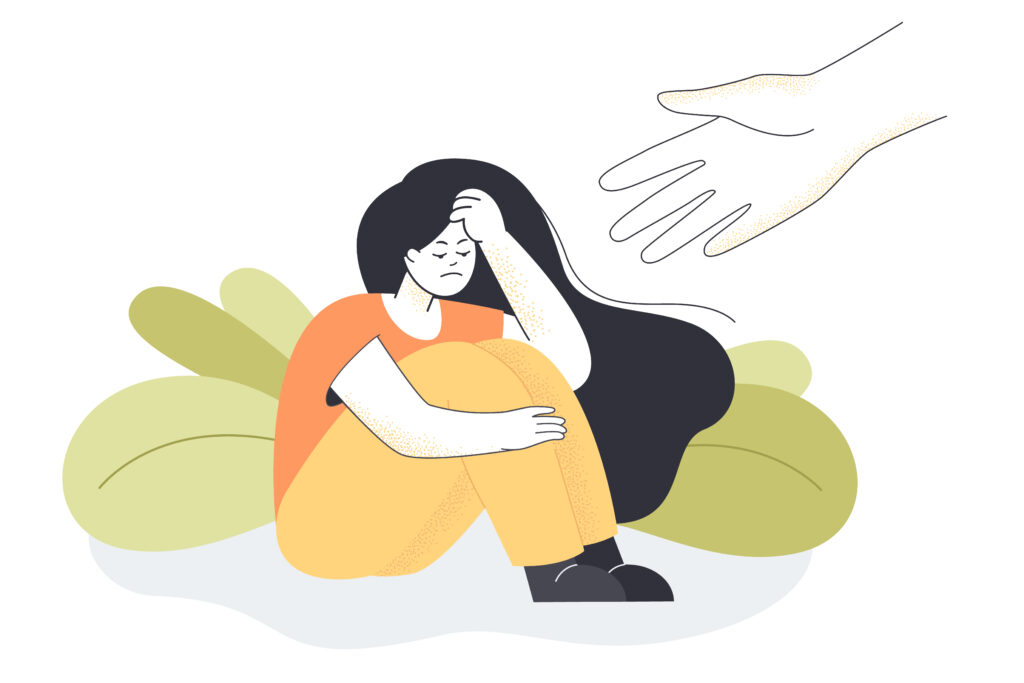Last updated on December 20th, 2024 at 12:58 pm
A relationship with a gaslighter can be both challenging and confusing. Gaslighting is a form of psychological manipulation where one person aims to instill doubt in a targeted individual, causing them to question their own memory, perception, or sanity. In such a relationship, gaslighting can result in feelings of insecurity, anxiety, and self-doubt. It can also hinder your ability to trust your own instincts and opinions, ultimately leading to a decline in self-esteem and confidence.
If you suspect that you are in a relationship with a gaslighter, it is crucial to seek support and advice to help you cope and reclaim your sense of self. Here are some tips to assist you in managing the effects of gaslighting in a relationship:
Recognize the Gaslighting Behavior
The first step in addressing a gaslighter is to recognize the behavior. Gaslighting can manifest in various ways, from denying that specific events occurred to manipulating facts to fit their own narrative. Some common signs of gaslighting include:
Establish Boundaries and Adhere to Them
It is crucial to establish clear boundaries with a gaslighter and adhere to them. This involves being firm and assertive when they exhibit gaslighting behavior. If they attempt to manipulate you or cause you to question your own memory or perception, it is essential to maintain your stance and hold them accountable for their actions.
Seek Support from Loved Ones
It is crucial to seek support from loved ones when confronting a gaslighter. Having someone to talk to who believes in you and supports you can aid in rebuilding your sense of self and restoring your confidence. Surrounding yourself with positive and supportive individuals can also help you to remain strong and resilient in the face of gaslighting behavior.
Seek Professional Help
If you are having difficulty coping with the effects of gaslighting, it may be beneficial to seek professional assistance. A therapist or counselor can help you understand the behavior, process your feelings, and develop strategies to manage the effects of gaslighting.
Practice Self-Care

Finally, it is essential to practice self-care when dealing with a gaslighter. This involves taking time for yourself, participating in activities that bring you joy, and prioritizing your well-being. By caring for yourself, you can strengthen your resilience and restore your sense of self.
How do you survive a relationship with a gaslighter?
Surviving a relationship with a gaslighter involves prioritizing your well-being, establishing boundaries, seeking support, and creating coping strategies. Here are some steps you can take:
Can you remain in a relationship with a gaslighter?
Staying in a relationship with a gaslighter is a personal decision influenced by various factors, including your emotional resilience, support network, and the severity of the gaslighting behavior. Some individuals may opt to leave the relationship, while others might find ways to manage the effects of gaslighting and remain in the relationship. It is crucial to prioritize your well-being and seek support when making this decision.
How can you outsmart someone who is gaslighting you?
Outsmarting a gaslighter is not advisable, as it can escalate the situation and leave you in an emotionally vulnerable state. Instead, it is crucial to prioritize self-care and enhance your emotional resilience. This may involve seeking support from trusted friends and loved ones, obtaining professional help, and engaging in self-care practices. By attending to your well-being and focusing on yourself, you can restore your confidence and diminish the effects of gaslighting behavior.
How do you shut down a gaslighter?
Shutting down a gaslighter requires setting clear boundaries and being assertive in your communication. When the gaslighter exhibits gaslighting behavior, it is crucial to stand your ground and hold them accountable for their actions. You can also seek support from loved ones and trusted friends, as well as professional assistance from a therapist or counselor. It is essential to remember that shutting down a gaslighter is not about changing them but rather about protecting yourself and maintaining your own well-being.
Do gaslighters love their victims?

The dynamics of gaslighting in relationships are intricate, and the motivations of the gaslighter can differ. In some instances, gaslighters may genuinely care for their victims, yet their behavior remains harmful and can adversely affect the victim’s well-being. It is crucial to recognize that gaslighting is a form of psychological manipulation and abuse, and such behavior should not be tolerated or justified.
Conclusion
In conclusion, a relationship with a gaslighter can be difficult and perplexing, but with the appropriate support and strategies, it is possible to restore your sense of self and recover from the impacts of gaslighting. If you believe you are in a relationship with a gaslighter, it is crucial to seek support, establish boundaries, and prioritize self-care. With time and patience, you can regain your confidence and reconstruct your life.


